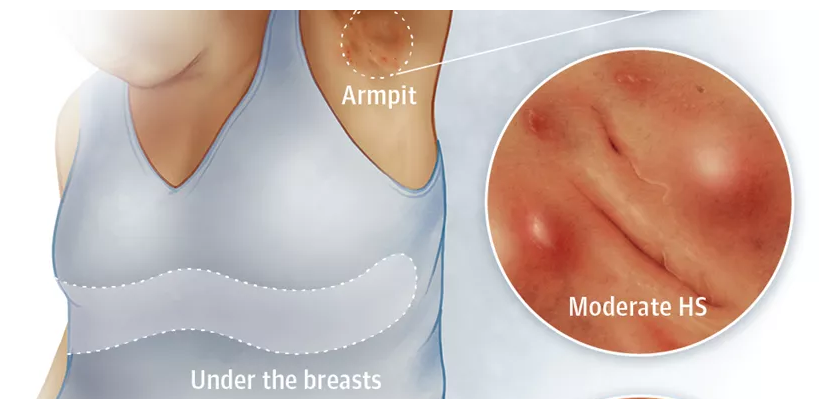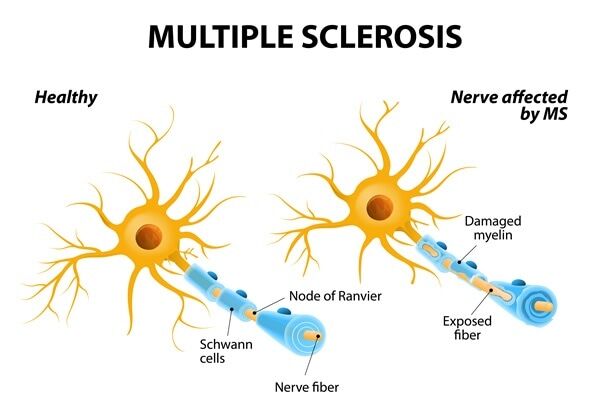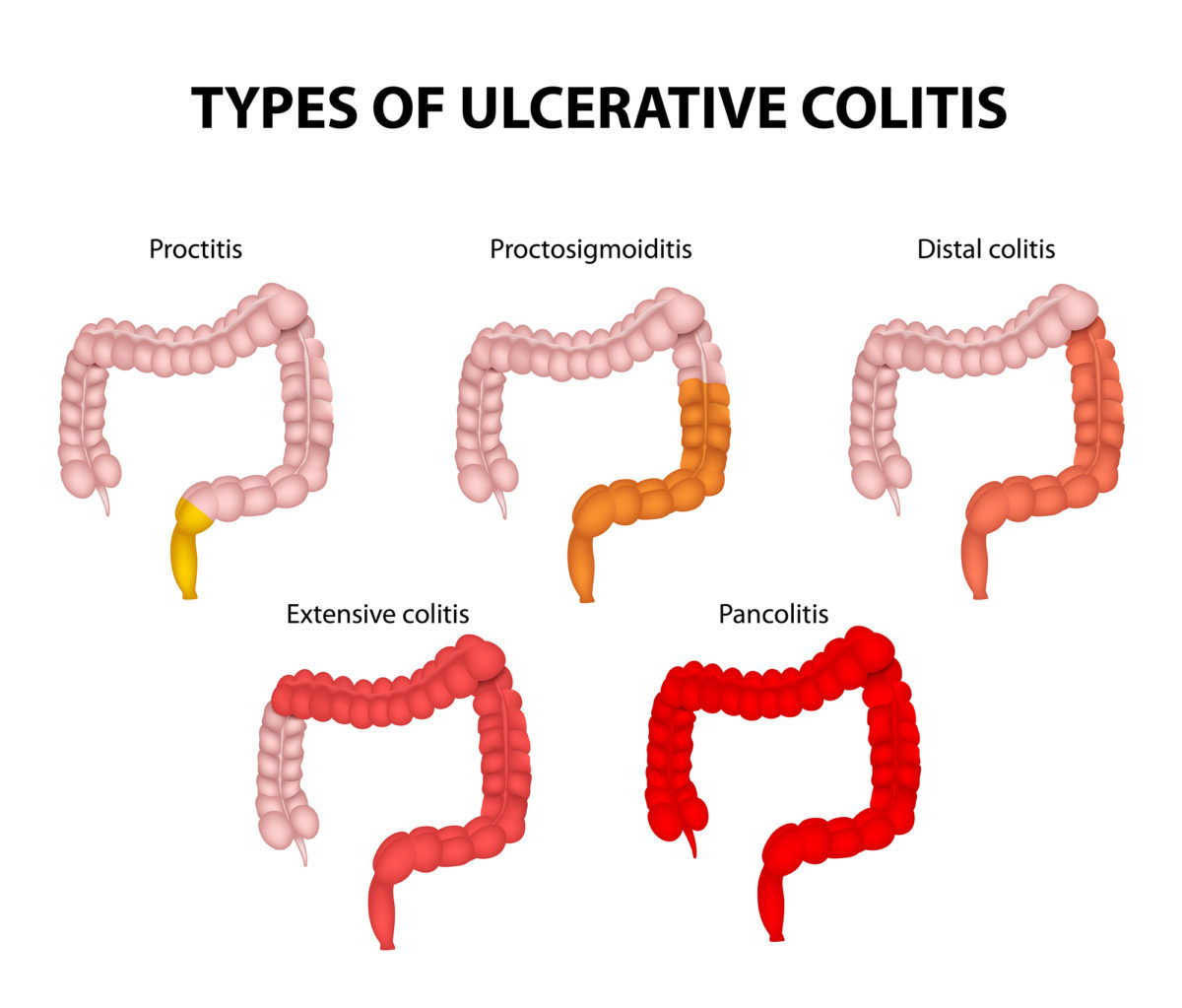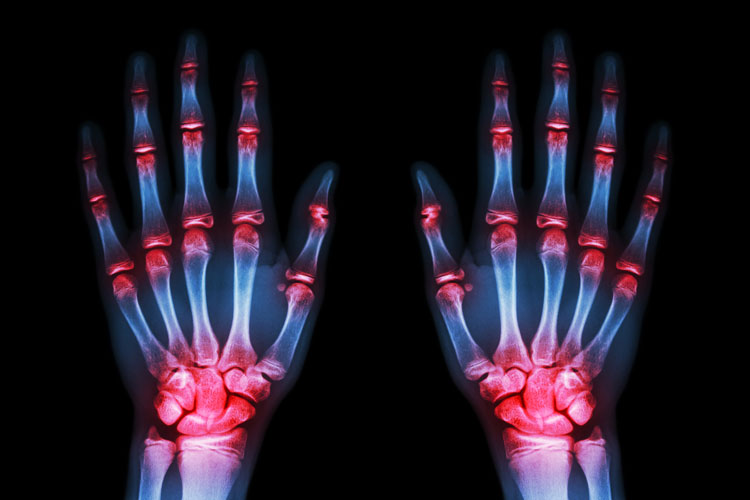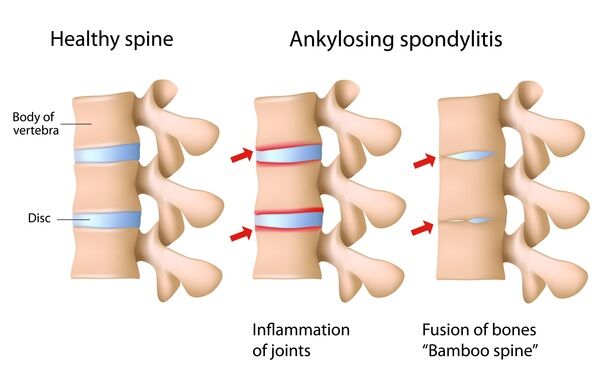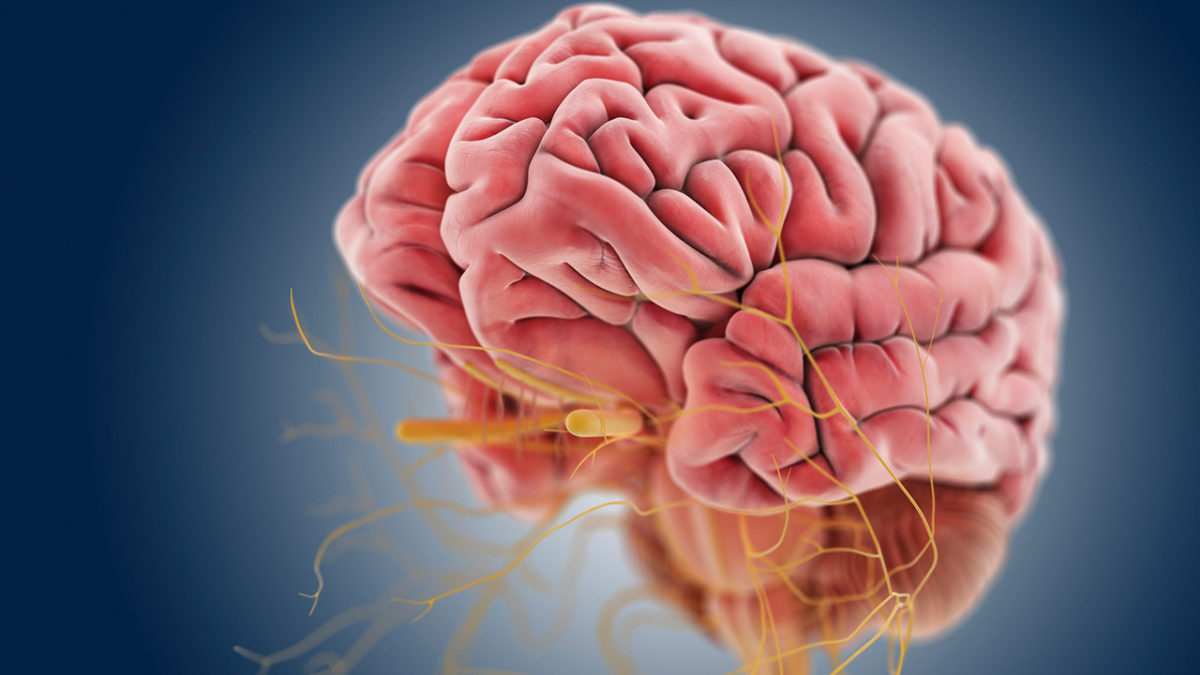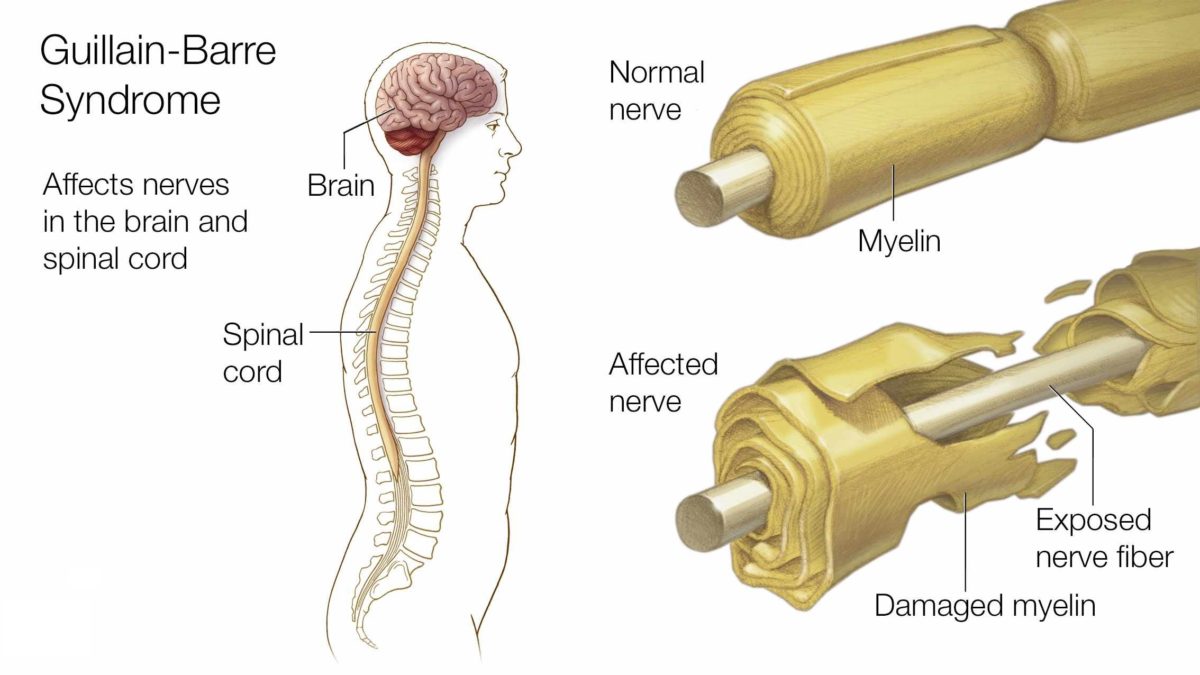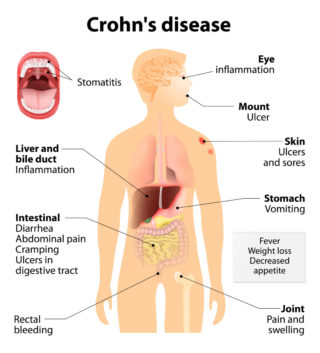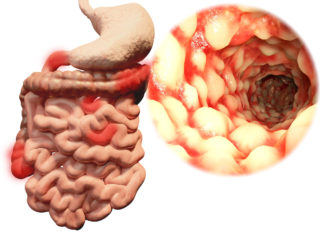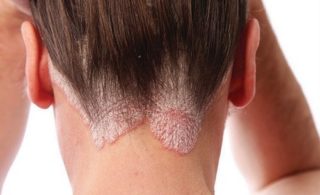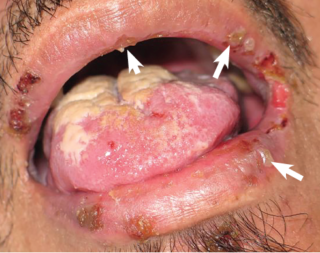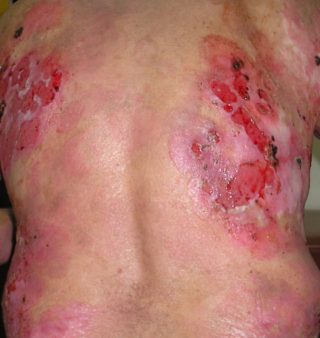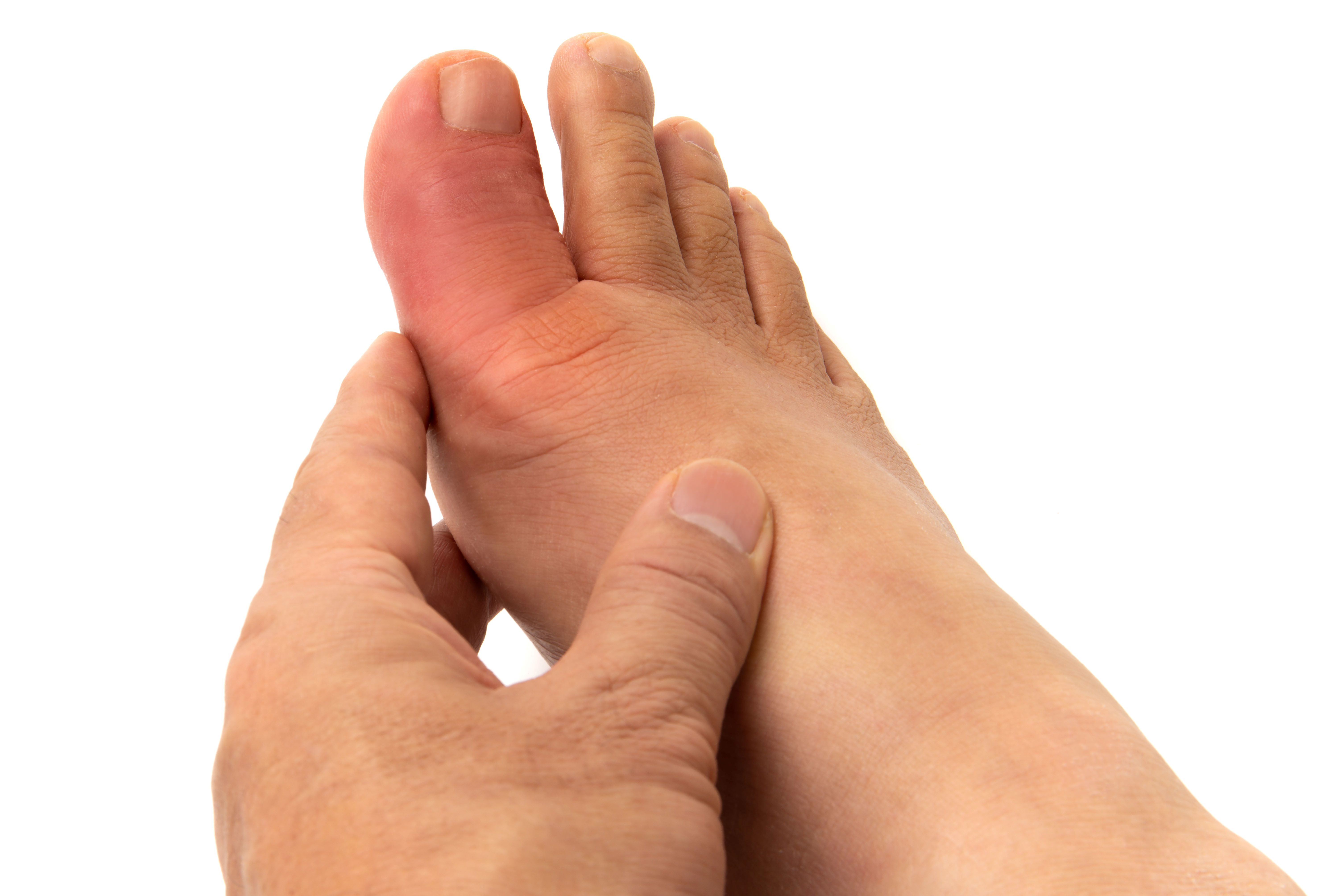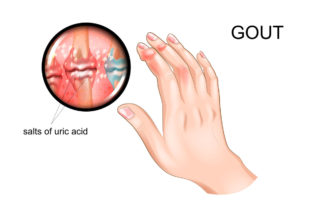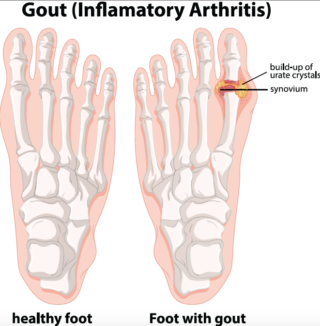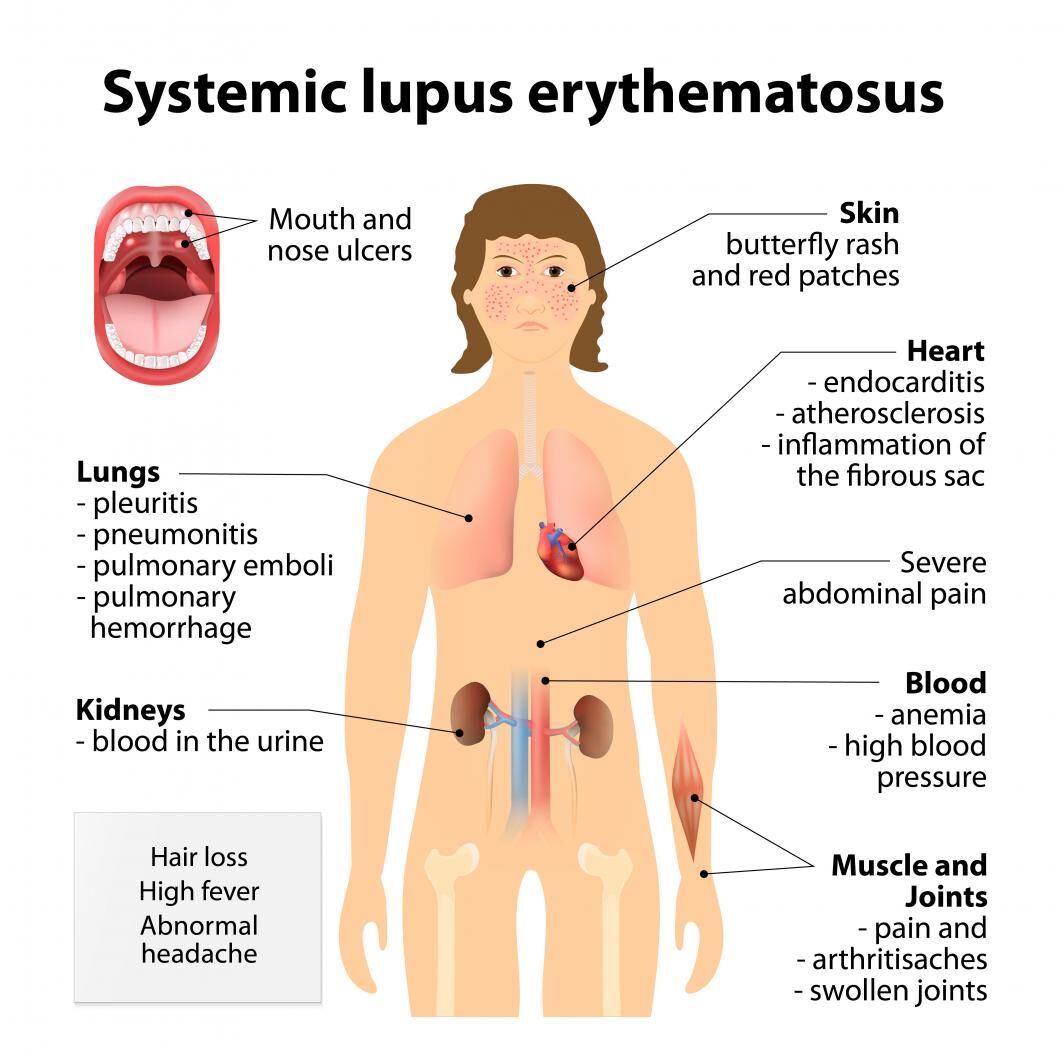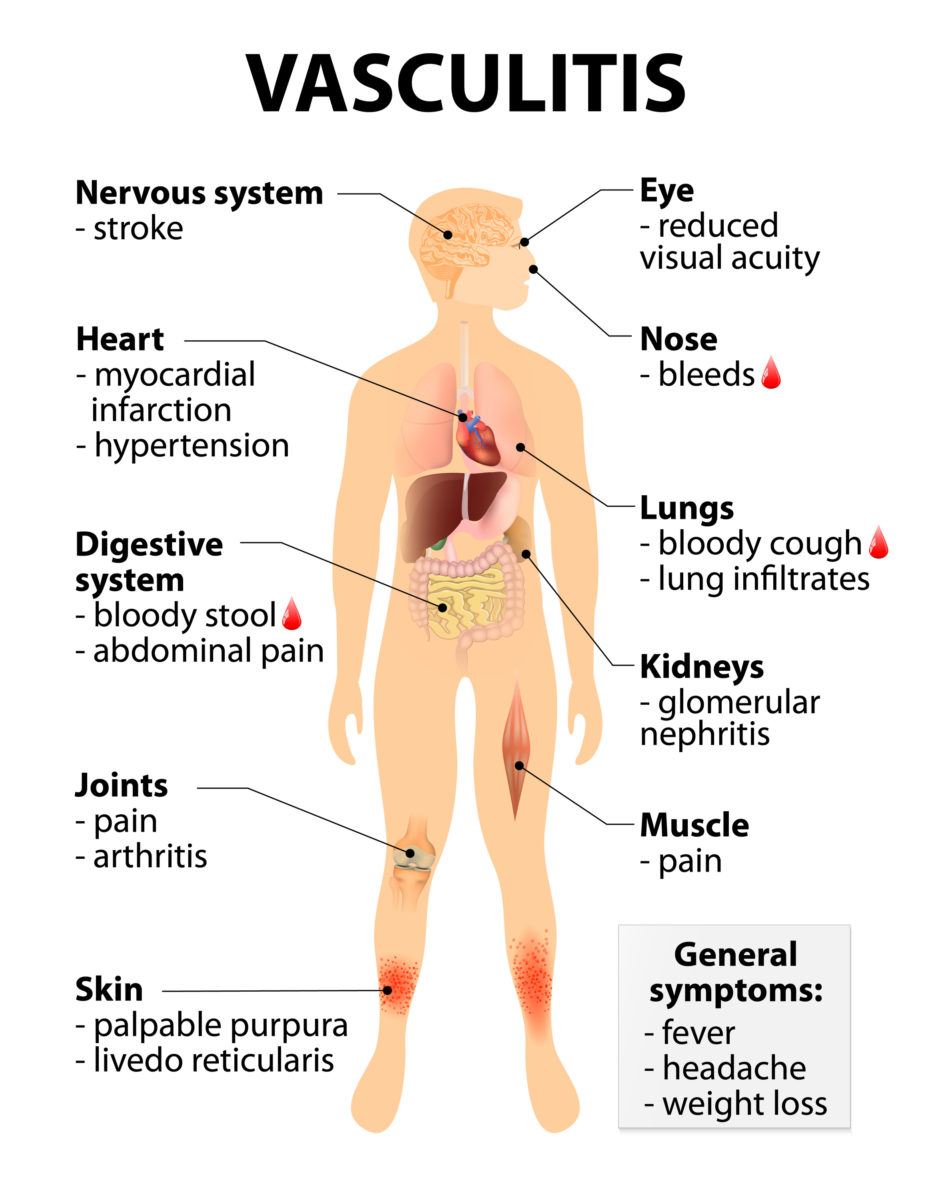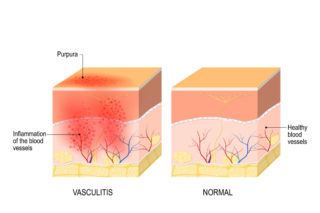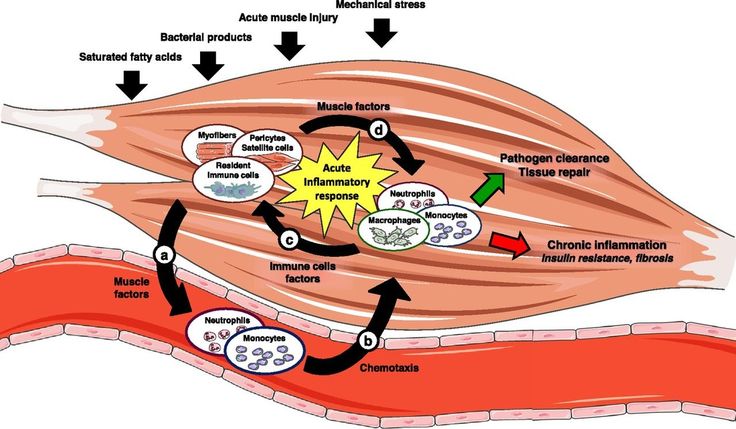PAGET’S DISEASE OF THE BONE
Paget’s disease of the bone interferes with the process in which your body replaces old bone with new. It speeds up the process of rebuilding bones, leaving them softer than usual or enlarged and abnormally shaped. It affects the pelvis, low back, hips, thighs, skull and arms, causing bone and joint pain or enlarged bones.
For more information on Paget’s disease, visit the American Academy of Orthopedic Surgeons at www.aaos.org, the American College of Rheumatology at www.rheumatology.org, or the National Osteoporosis Foundation at www.nof.org.
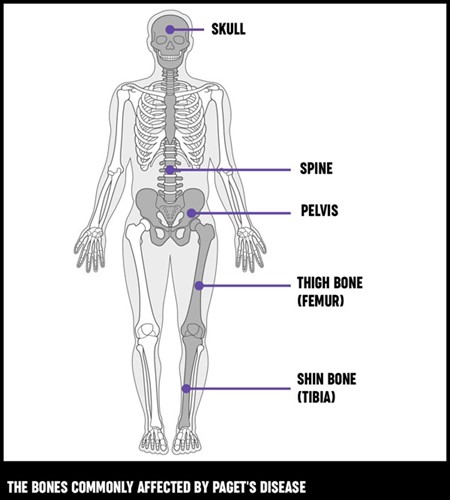
Symptoms of Paget’s Disease of the Bone:
People who have Paget’s disease of bone typically have no symptoms. When symptoms do occur, the most common complaint is bone pain.
Because this disease causes your body to generate new bone faster than normal, the rapid remodeling produces bone that’s softer and weaker than normal bone, which can lead to bone pain, deformities and fractures.
The disease might affect only one or two areas of your body or might be widespread. Enlarged and misshapen bones can put extra stress on nearby joints, which may cause further pain and complications. Symptoms, depend on the affected part of your body.
- Pelvis. Paget’s disease of bone in the pelvis can cause hip pain.
- Skull. An overgrowth of bone in the skull can cause hearing loss or headaches.
- Spine. When the spine is affected nerve roots can become compressed. This can cause pain, tingling and numbness in an arm or leg.
- Leg. As the bones weaken, they may bend — causing you to become bowlegged.
Diagnosis of Paget’s Disease of the Bone:
The cause of Paget’s disease of bone is unknown. Scientists suspect a combination of environmental and genetic factors contribute to the disease. Several genes appear to be linked to getting the disease.
In addition to a physical exam, X-rays, and blood tests can help confirm the diagnosis of Paget’s disease of bone. X-rays and bone scan may reveal changes in the bones. While, those with Paget’s disease of bone usually have elevated levels of alkaline phosphatase in their blood, which can be discovered by a blood test.



